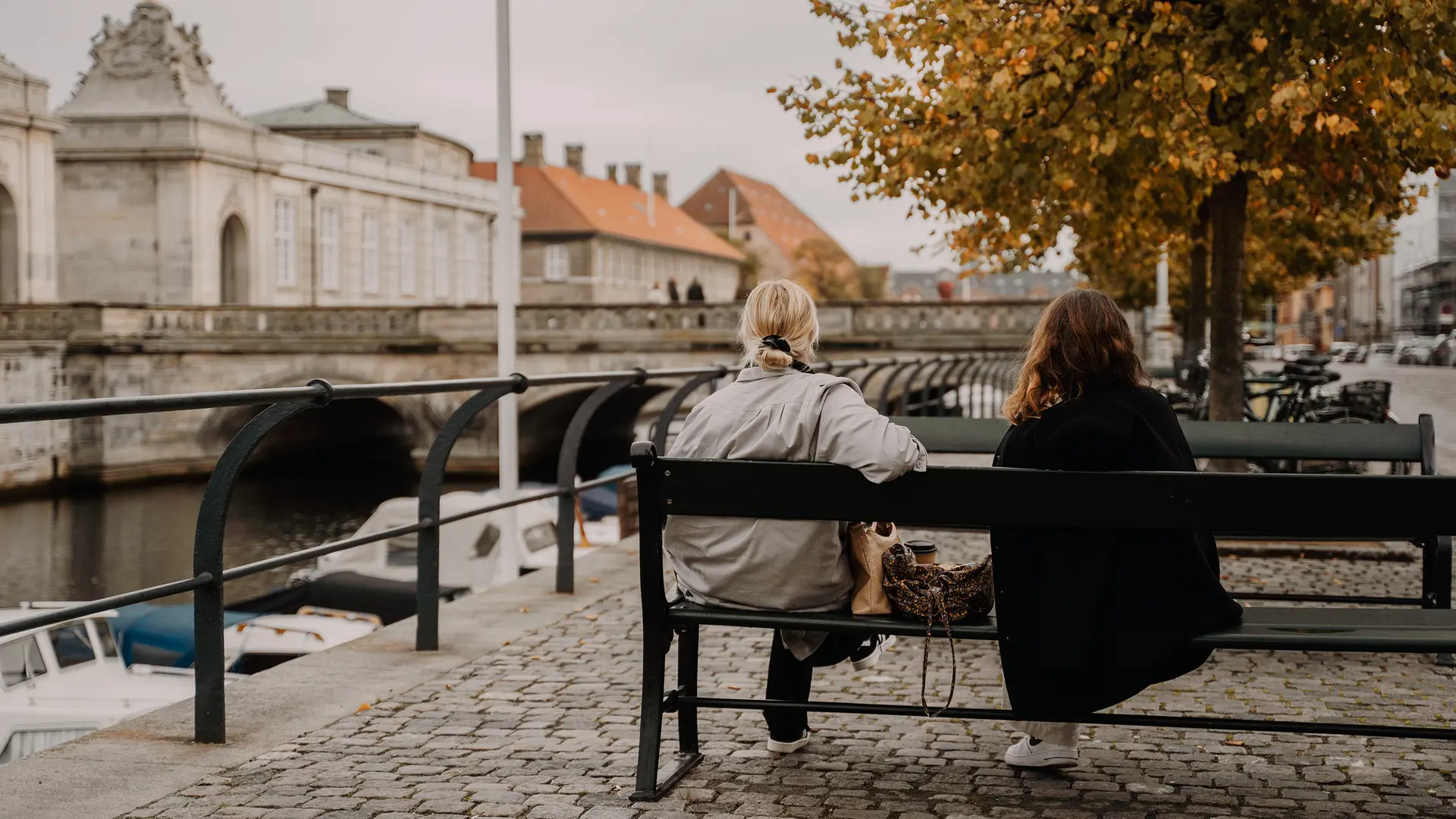Urban Mind: How can design of urban spaces contribute to the mental health and well-being of teenage girls?

This International Women’s Day we are shining a spotlight on a research project at Henning Larsen which is addressing a chronically neglected area of urban planning; how the urban environments we design can better support young girls and women.
According to the World Economic Forum, seven out of 10 of us will live in cities by 2050. The health and wellbeing of urban residents is one of the pillars of a socially sustainable city, yet the mental health of girls and young women living in cities is deteriorating.
Senior Urban Designer, Yalda Pilehchian, is part of a team at Henning Larsen endeavoring to create a framework for understanding and working with social sustainability. Yalda identified a significant gap in existing research into how design can promote teenage girls’ mental health in urban areas, and so ‘Urban Mind’ was born with three questions driving the research.
1. How do we make urban spaces more attractive for girls?
2. How can we design urban spaces in ways that contributes to teenage girls’ mental health?
3. How do we avoid falling into stereotypes?“
"Our surrounding is a mirror of our culture; a culture which is still patriarchal. Our urban spaces are a product of this culture, and that is why some people experience less access to public spaces. I don’t mean only physical access, but also psychological access. We can all read the spaces: where do we belong and where don’t we? This lack of access has a negative effect on well-being.” Cecilie Nørgaard, Director at Mangfold, Education and Gender Sociologist, member of the project’s expert group
"Our surrounding is a mirror of our culture; a culture which is still patriarchal. Our urban spaces are a product of this culture, and that is why some people experience less access to public spaces."
Urban Mind brings together a diverse range of experts from various disciplines to bridge the gap between design of public spaces and public health data, while gathering the lived experiences and perspectives of the user group in question. Using ethnographic research methods, Senior Consultant Trine Relster Thouber, and Research & Development and Social Sustainability Advisor Maya Shpiro, familiarized themselves with the perspective, culture and social behavior of young girl’s aged between 14 and 16 living in Copenhagen, through walk and talk interviews, video diaries and workshops.
“Their enthusiasm and eagerness to invite us into their lives are both humbling and a reminder that there is just so much room for anthropological research to inform design.” Research & Development and Social Sustainability Advisor Maya Shpiro
The lived experiences of the girls covered a wide range of themes including perceptions of control, the need for play and creativity, independence, their relativity in scale and physical being and resisting impressions of adults’ assumptions about their lives. City explorations was another dominant theme, showing a tendency towards moving the city on foot, rather than choosing the shortest path to specific destinations.
What’s next for Urban Mind?
Based on the rich insights from the girls, experts and the existing, though scarce, literature on the topic, the project team identified four preliminary experiences to prioritize in future designs: free space for self-expression, with room for mistakes and without the need for performance; living space for simply being; space to gather; and space for play and curiosity.
As Urban Mind moves into the final stages, the team will create an open-source framework containing principles for design as well as methodology surrounding participation processes for designing urban spaces with the well-being of teenage girls in mind.
Thanks to our partners The National Institute of Public Health (Denmark), the University of Southern Denmark, and our supporters the Ramboll Foundation.
Top photo by Lasse Bruhn via the Copenhagen Media Center



